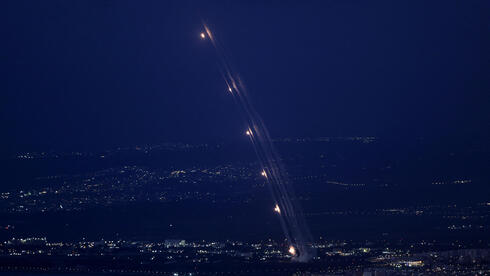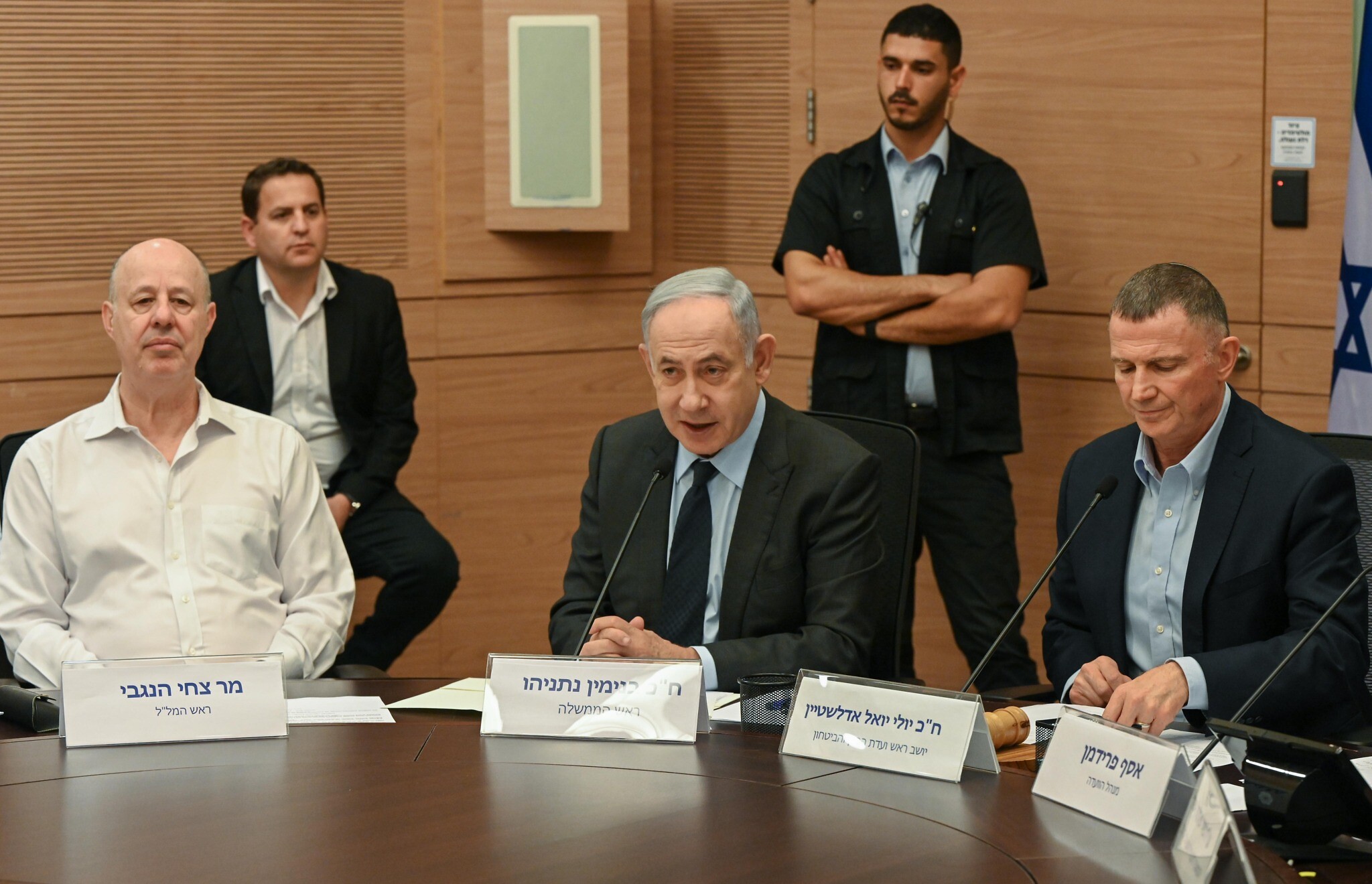Recap of the day. I'm still hearing explosions outside but I'm sure most of it is behind us. At least as far as Israel's actions go. Hezbollah may retaliate tonight.
Anyway, the recap:
Israel conducted an intense strike campaign across Lebanon today, involving over 1,300 strikes. These consisted of strikes in:
- Southern Lebanon - short range rockets.
- Beirut - leadership.
- Bekaa Valley - long range rockets, CRBMs, SRBMs, CMs.
Hezbollah's short range rockets can hit up to around Haifa. Although it sounds not so bad, these can cover a substantial part of Israel's population and its industrial base. Hezbollah is estimated to have had 80,000 of these prior to the war.
Its leadership has been systematically killed, maimed, and balls had been chopped, and today the last one in the top leadership, Ali Karachi has been killed. Only the head remains, Hasan Nasrallah. Lots of less experienced figures are thus promoted.
Long range munitions can cover the entirety of Israel and a good chunk of them have guidance systems allowing them to be used fairly precisely. Hezbollah is estimated to have had 10,000 of these prior to the war, as well as thousands more drones and hundreds of cruise missiles.
All in all, defense minister Yoav Gallant said Israel destroyed "tens of thousands" of rockets in the last few weeks. The estimate up until yesterday was less than 10,000 rockets and missiles destroyed in total.
Military expanding significant more attacks on Bekaa Valley; Large explosions in Lebanese houses from secondary explosions.

www.jpost.com
Hezbollah responded with some long range rockets into the Haifa area, south of Haifa area, and Tel Aviv and Palestinian towns in J&S. The volume of fire was low. I haven't found a count of the total today, but it wasn't much. I've personally only been in a shelter 3 times today and each time it's maybe just a few rockets. Definitely not the huge barrages Hezbollah promised (although they are capable of them).
This makes it perhaps the first day the IDF conducted more strikes on Lebanon than Hezbollah has fired munitions into Israel.
By the way, 1 strike =/= 1 munition.
Israel's government approved a 1 week special emergency in the homefront, giving the homefront command executive powers to pre-empt security situations. This, reportedly because Israel fears Hezbollah will attempt to target civilian population concentrations as retribution and cause mass casualty events.
הנחיות פיקוד העורף בעינן, אבל במשאל טלפוני שהוגדר דחוף אישרו השרים הכרזה על מצב מיוחד בעורף. הסיבה: "סבירות להתקפה על האוכלוסייה האזרחית בכל שטחי המדינה"

www.ynet.co.il
Not letting the foot off the gas in Gaza, Netanyahu says he's weighing a plan proposed by retired generals to completely evacuate northern Gaza and besiege it. The rationale is that Gazans originally from this area, roughly a third of the strip, will apply tremendous pressure on Hamas to relent and accept the hostage deal.
Personal note:
Northern Gaza saw the most intense battles and is thus the most ruined. In the meantime Israel could arrange restoration of parts of northern Gaza, but not let people return to it as leverage against Hamas. However, what would make more sense is to set the Netzarim corridor as the new northern border and keep northern Gaza indefinitely as a closed military zone and a buffer zone between Gaza and large cities like Ashkelon and Ashdod.
The gain here is twofold:
- Shorter border = less manpower. IDF is facing a tremendous manpower shortage, and it needs every bit of relief it can get.
- Inherently longer range between Gaza and cities = less potential for Gazans to threaten Israel and a much needed strategic depth.
During closed-door meeting with lawmakers, Netanyahu argues putting pressure on Hezbollah could help force Hamas's Sinwar to the table, predicts ICC arrest warrants coming soon

www.timesofisrael.com
In related news but in Europe, Irish President accuses the Israeli embassy in Dublin of leaking a letter he sent to his Iranian counterpart, amid rising antisemitism in Europe. Despite his intent to inflame against local Jews, Iran quickly rebutted his claim and said that its embassy was the one that posted the document.
However, they have since deleted the post so here it is.
In the letter, Mr Michael says:
(I) take the opportunity to repeat the condolences of the people of Ireland for the deaths of your predecessor President Raisi.... and others of their party who perished in the tragic accident of 19 May.
Stability and cooperation, and the peaceful resolving of disputes, have never been more important....
Iran with its long tradition of culture will play a crucial role in achieving this.
I look forward to our two countries continuing to maintain ever-deeper dialogue and co-operation...
... Ireland is in the process of opening an embassy in Tehran... planned for 2025. This, I am sure, will help make the dialogue and co-operation between our two countries ever easier
Needless to say, Mr Michael knows very well that the IRGC is listed as a
Leading State Sponsor of Terrorism by the US State Department, and that his admission of affiliation with the IRGC and their terrorist activities, is a serious crime. And his little "The Jews did it" charade probably won't shield him from the sanctions that typically accompany such things.








